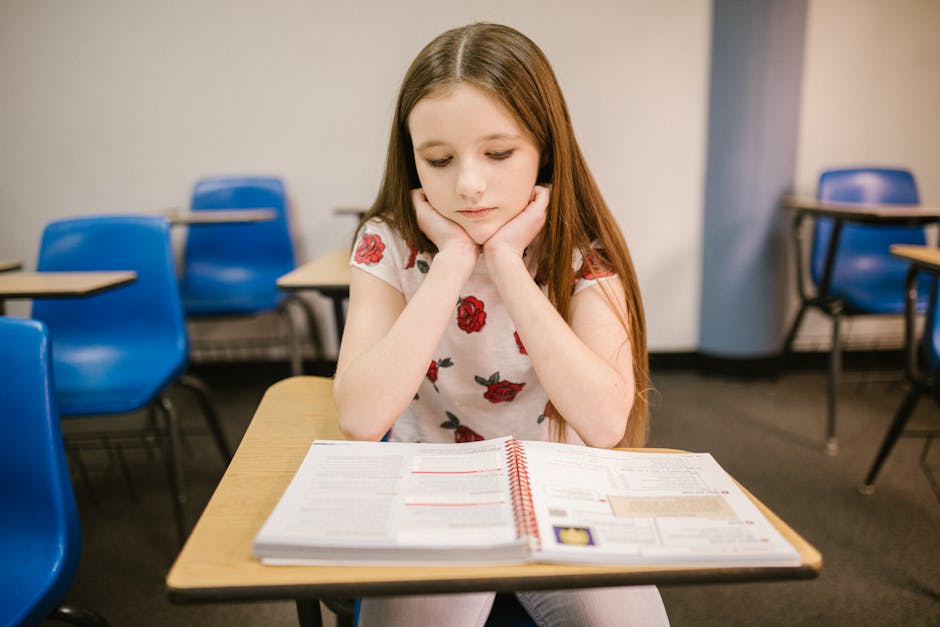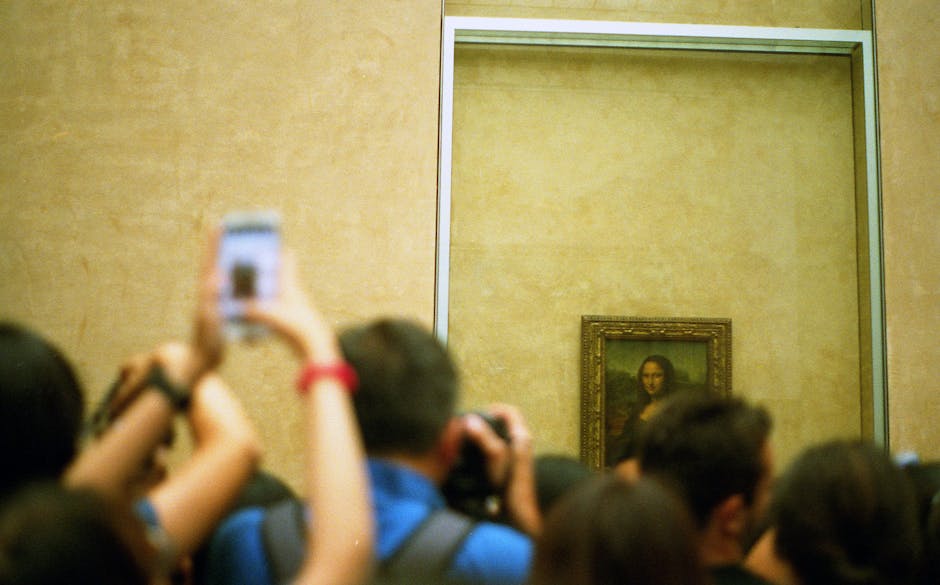The silence in Rohan’s (name changed) room is a deafening testament to a tragedy that should never have happened. His Class 10 textbooks lie on his desk, a cruel reminder of the pressures he faced. This story of a Class 10 student suicide wasn’t about looming board exams. It was, his grieving parents allege, about the crushing dismissal by the one person who was supposed to be his lifeline: his school counsellor.
A Desperate Cry for Help Ignored
In a heartbreaking incident that has shaken a Bengaluru suburb, the 16-year-old student died by suicide last week. According to his family, Rohan had been struggling with overwhelming anxiety and depression. Gathering his courage, he confided in his school’s counsellor, speaking of his darkest thoughts—the ones that whispered ending his life was the only way out.
His cry for help was not met with professional guidance. It was, his father alleges, met with a casual, devastating remark. “He is just making excuses to avoid studying. Teenagers say these things for attention,” the counsellor reportedly told Rohan. His suicidal ideation was dismissed as a “joke.”
When a Lifeline Becomes the Burden
A joke. The deepest vulnerability a child can express was labelled a prank. Rohan returned home that day not with a support plan, but with the confirmation that his pain was invisible and his suffering a matter of ridicule. He felt utterly alone. Days later, he was gone.
This incident is not just a personal tragedy; it is a catastrophic failure of the system designed to protect our children. It exposes the often-perfunctory nature of mental health support in educational institutions. The core issue emerges when a school counsellor dismissed his suicidal thoughts, turning a safe space into one of judgment. What is the point of having a designated counsellor if they are not equipped or empathetic enough to distinguish a genuine cry for help from teenage melodrama?
Expert Weighs In: A ‘Betrayal of Trust’
Dr. Anjali Sharma, a child psychologist not connected to the case, calls this a “betrayal of trust at the most fundamental level.”
“When a young person, especially a boy in a society that discourages emotional expression, opens up about suicidal thoughts, it is the final flare signal,” she explains. “Dismissing it is like telling a drowning person to stop splashing for attention. It validates their deepest fear: that they are a burden and that no one understands.”
A Community Demands Accountability
The school administration has issued a statement of “deepest condolences” and has placed the counsellor on leave pending an investigation. For parents, this is too little, too late. Protests are demanding the counsellor’s permanent dismissal and a complete overhaul of mental wellness infrastructure in schools. Key questions are being asked: Are counsellors properly vetted? Are they receiving continuous training on youth mental health?
Rohan’s story is a horrifying wake-up call. We must stop treating mental health as a footnote. We need to create an environment where a child’s plea for help is met with immediate, serious, and compassionate action—not a cynical wave of the hand.
A young life has been extinguished. He didn’t fail his exams; the system failed him. His voice was silenced because the one person paid to listen thought his pain was a punchline. For this Class 10 student, it is too late. For the millions of others navigating adolescence, we must ensure it never is again.




